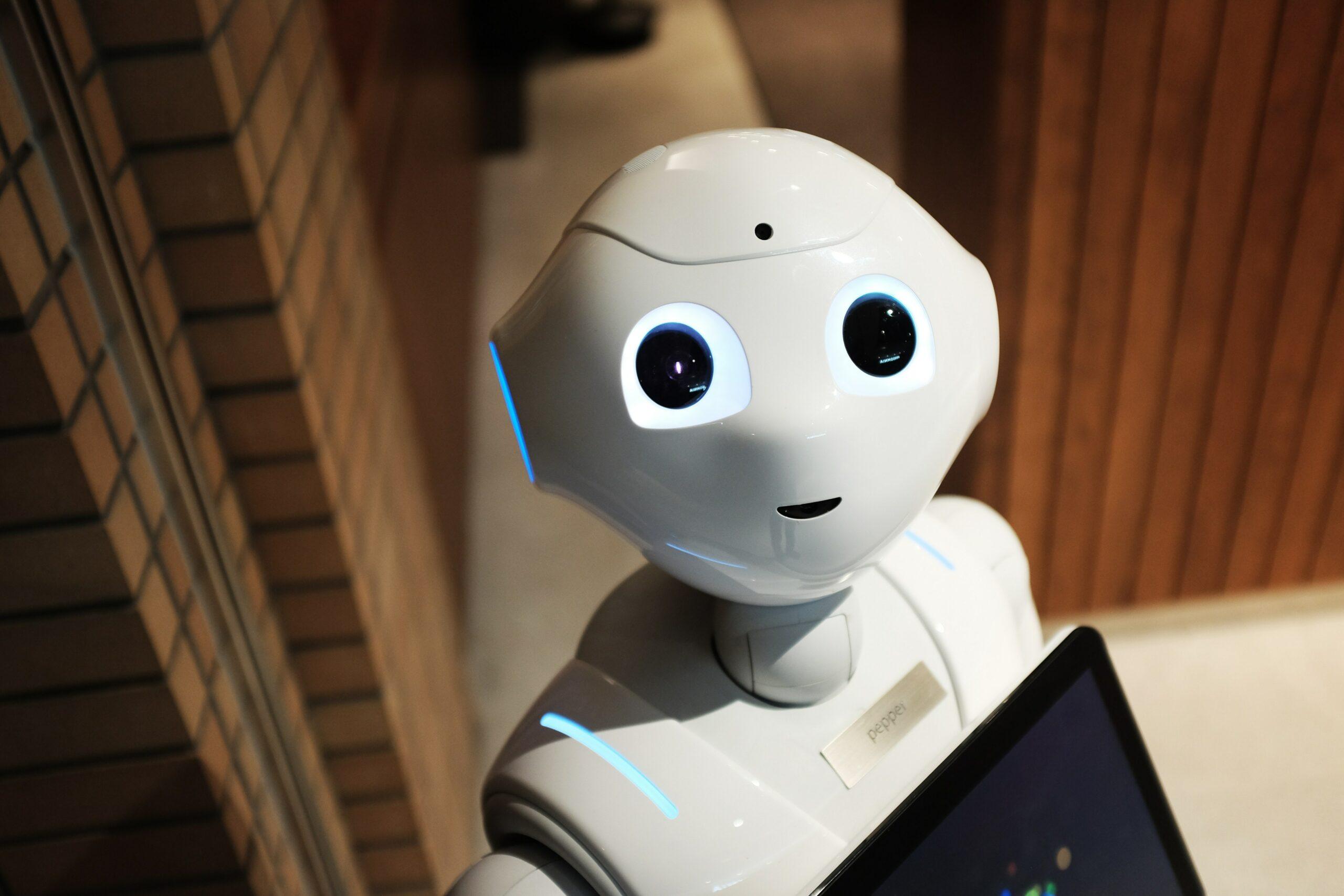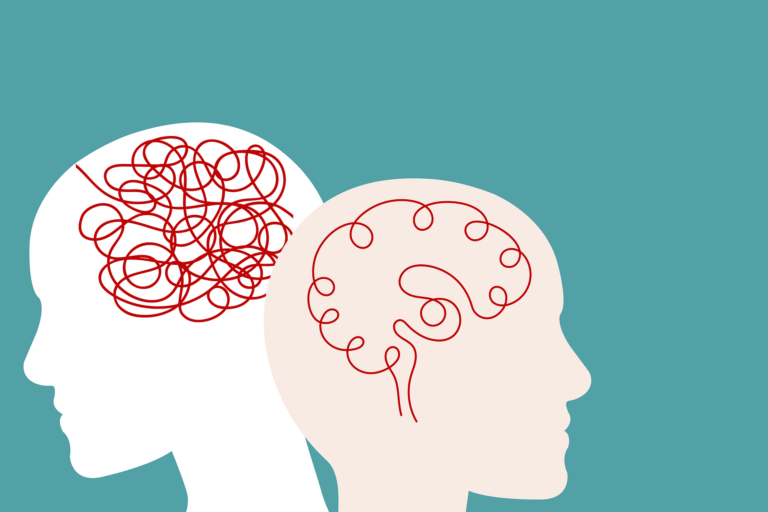There are a multitude of reasons why organizations are choosing to adopt AI technology.
Artificial intelligence has the potential to transform the workplace by improving efficiency, productivity, and decision-making while reducing costs and risks.
As AI technology continues to advance, a growing number of companies are even using it to conduct interviews.
But while there are undeniable benefits associated with an AI interview, there are some serious drawbacks as well.
If you’re an IT leader considering using such technology in your hiring process, you’ll need to consider both.
In this blog post, we review the advantages and disadvantages of using AI in the interview process.
The Pros of an AI Interview
Consistency
Many versions of these interviews are referred to as AVIs (automated video interviews). These involve job candidates recording themselves on a video platform and answering questions within an allotted amount of time.
The video is then analyzed by the AI developer platform to determine visual (e.g. smile), verbal (e.g. key words used), and/or vocal (e.g. tone of voice) attributes, which it will use to either accept or reject a candidate.
Conducting initial screenings in this manner can provide a consistent and standardized experience for all candidates, ensuring that everyone is evaluated in the same way, with the same questions and criteria.
Efficiency
Chief among the reasons for adopting AI technology in the hiring process, though, is that it allows for an easier, less expensive way to interview candidates.
For companies that receive thousands of resumes, this can be very useful.
AI interviews can help companies to screen a large number of candidates quickly and cost-effectively, reducing the time and resources needed for the hiring process.
Objectivity
While AI technology, such as ChatGPT, is an amazing piece of technology, it’s still susceptible to discrimination.
When used to conduct interviews, however, it can help eliminate the bias that can arise from human recruiters, such as unconscious bias based on gender, race, or other factors.
In fact, one of the first companies to adopt AI interviews, Unilever, reported hiring their most diverse class ever (in terms of gender diversity, racial diversity, and ethnic diversity) after using the technology for an extended period of time.
The Cons of an AI Interview
Lack of Human Interaction
One large drawback of AI interviews is their lack of personal touch, which can lead to candidates feeling less engaged and/or valued.
When conducting interviews, a positive interview experience is vital.
Providing a positive candidate experience can help make a great first impression on top talent, which can increase their desire to work for you.
A negative experience, however, can turn off those candidates you desire and even tarnish your company’s reputation.
Technical Issues
Just as with any technology, AI interviews can be prone to technical issues such as bugs or connectivity problems. These can disrupt the interview process and lead to a negative experience for the candidate.
When technical issues arise in a typical interview, the two parties can find a way to get back in contact. When it occurs with a robot, the interview is more likely to just end.
Limited Assessment Capability
Soft skills are important because they help workers get along and achieve goals as a team.
And because even technical jobs require soft skills, employers are especially keen to hire and promote workers who have these abilities.
AI interviews, however, may not be able to assess soft skills such as emotional intelligence or interpersonal communication. Possibly costing you a shot at landing a star employee.
Ethical Concerns
AI interviews raise ethical concerns around the use of personal data, privacy, and fairness in the hiring process.
Since human programmers are the ones who write the code for these AI programs, their biases – whether intended or not – can be embedded in the algorithms.
A prime example of this is when Amazon used such technology. In this instance, the AI showed a total bias against women and failed to rate candidates for software developer jobs and other technical posts in a gender-neutral way.
Overall, while AI interviews offer some clear benefits such as consistency, efficiency, and objectivity, they may not be suitable for all types of roles or for all candidates. It is important to carefully consider the pros and cons before adopting AI interview technology and to ensure that they are used in an ethical and fair manner.








